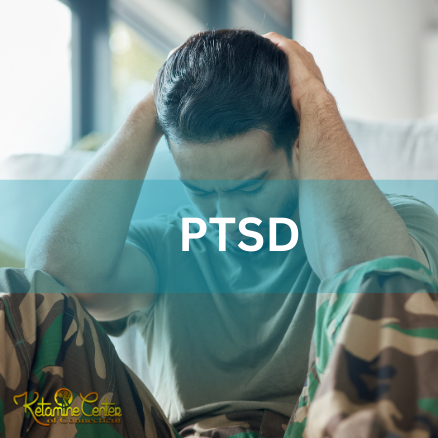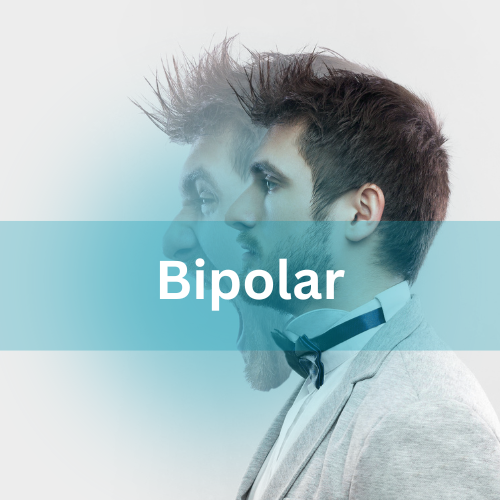
Post-traumatic stress disorder
Post-traumatic stress disorder (PTSD) has a devastating impact on people of all ages, including about 8% of adults and 11-20% of veterans. PTSD doesn’t respond well to standard medication options, which is why Gino Ang, MD, and the team at Ketamine Center of Connecticut offer low-dose ketamine infusions. Ketamine may quickly and effectively relieve your symptoms when other treatments have failed. To learn if you’re a good candidate for ketamine, schedule an appointment today by our office in Milford or Westport, Connecticut.
What many patients experience as symptoms begin to lift
Traumatic memories still exist, but they become less vivid and less emotionally overwhelming.
Many patients report fewer trauma-related dreams, allowing for deeper, more restorative sleep.
The constant “fight or flight” feeling begins to settle, helping the body and mind feel safer.
Instead of feeling detached, patients often reconnect with emotions and relationships.
Everyday sights, sounds, or situations that once caused panic start to feel more manageable.
With symptoms lifting, patients often describe a renewed sense of control and optimism for the future.

Your struggles are real. So are the solutions we provide.
What can we help you with?
Overcome Depression
Most patients with depression count on medications like antidepressants to improve their mood, yet antidepressants fail to…
Conquer Anxiety
Nearly one-third of adolescents and adults have an anxiety disorder, yet only half of them improve with standard…
Heal from PTSD
Post-traumatic stress disorder (PTSD) has a devastating impact on people of all ages, including about 8% of adults and…
Break Free from OCD
Obsessive-compulsive disorder (OCD) causes unwanted but uncontrollable thoughts and behaviors that disrupt your…
Heal from Bipolar
Bipolar disorder often begins with an episode of major depression before you cycle to mania. In many patients, bipolar depression…
Overcome Suicidality
In 2017, Connecticut officials reported that suicide was the second leading cause of death for people between the ages of…
Learn more about what to expect on your journey.
Frequently Asked Questions
- Military duty
- Gun violence
- Physical assault
- Sexual assault
- Severe accident
- Natural or man-made disasters
- PTSD may also arise after the sudden death of a loved one or you experience a crime, such as a home invasion or theft.
- Have flashbacks or dreams about the event
- Experience hypersensitive emotions
- Feel angry, irritable, or edgy
- Develop depression
- Be easily startled
- Blame yourself for the event
- Avoid people and places that remind you of the event





